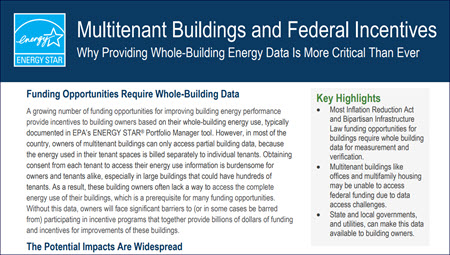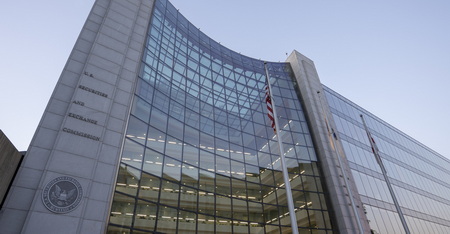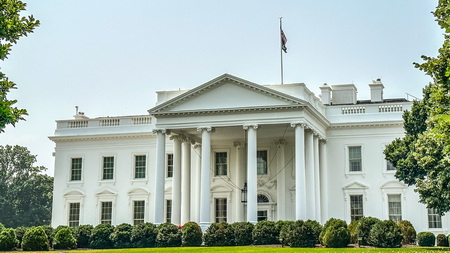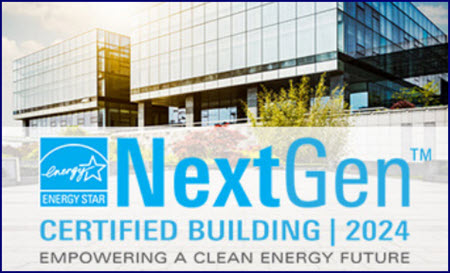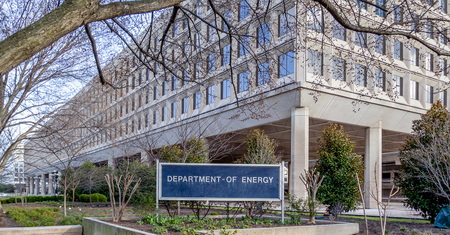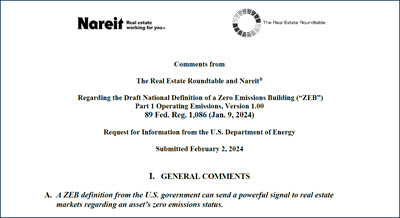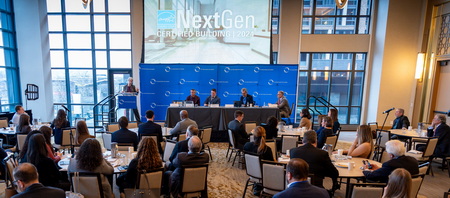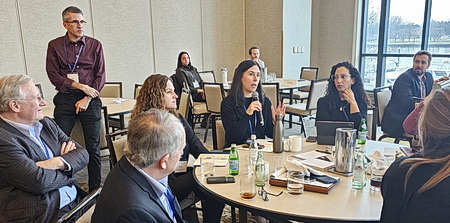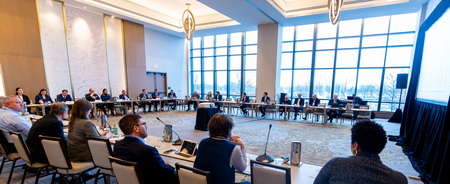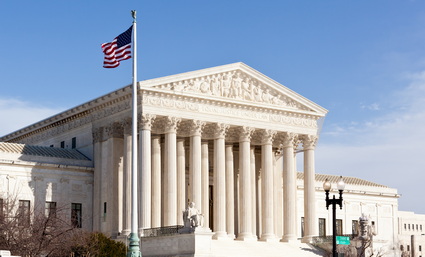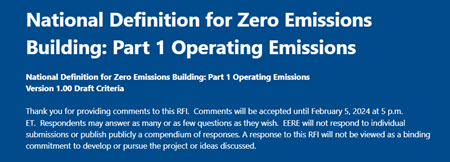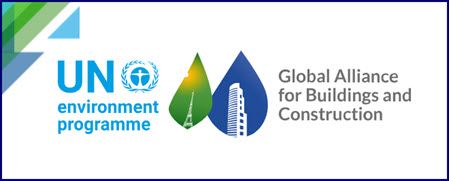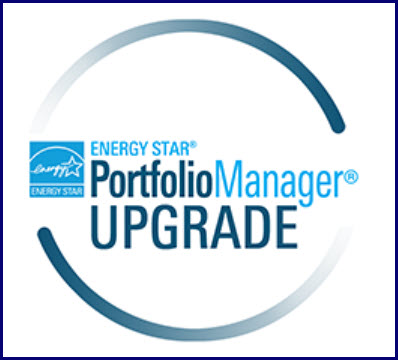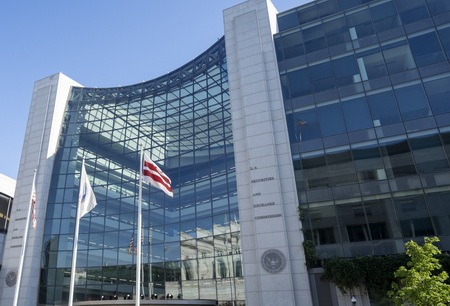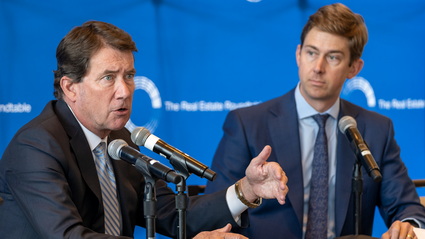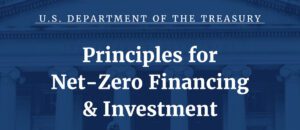A new Environmental Protection Agency (EPA) campaign seeks to assist building owners in obtaining data from utilities on energy used by tenants in leased spaces. Stakeholders are encouraged to complete EPA’s brief Whole-Building Energy Data survey by Friday, June 7.
Access to Whole-Building Data is Critical
- A challenge shared by owners and managers across the CRE industry is obtaining leased space energy data particularly where tenants operate under “triple-net” (NNN) leases and pay their electricity, gas, and other power bills directly to utilities.
- Difficulties accessing whole-building energy data are acute in multifamily, offices, retail, logistics, life sciences, and any building type that leases spaces to numerous tenants.
- Nonetheless, owners are expected to capture data on tenants’ energy use as a simple matter of proper building management, and for myriad policy and regulatory reasons such as:
- Compliance with mandatory state or local Building Performance Standards (BPS);
- Attaining voluntary certifications such as EPA’s ENERGY STAR and NextGen building “labels”; and
- Qualifying for the 179D tax deduction for building retrofits enacted by the Inflation Reduction Act (IRA) of 2022. [Roundtable Weekly, Jan. 20, 2023 and IRA fact sheet, July 31, 2023]
Roundtable Advocacy
- The Roundtable supported a Jan. 18 open letter from leaders of the EPA, Department of Housing and Urban Development (HUD), and Department of Energy (DOE) to utilities and their regulatory commissions about the national importance of obtaining tenant-level consumption data.
- The Roundtable also submitted comments to EPA on Jan. 20 that emphasized how utilities should be eligible for EPA grants to develop technologies that provide owners of multi-tenant assets with whole-building energy data.
EPA’s Campaign
- EPA has posted online tools including a “Multitenant Buildings and Federal Incentives” fact sheet. This resource explains the importance of whole-building data to building owners (with a focus on federal funding opportunities requiring this data), as well as solutions available to utilities to provide the data.
- More than 90% of utilities currently do not provide whole-building energy use data. (See EPA’s data access map.) The EPA campaign aims to:
- Gather input from building owners and others on where they need this data most and why, via the survey.
- Create resources that support building owners in engaging utilities nationwide, including a summary of the survey’s input.
- Organize meetings between utilities and building owners in priority locations to facilitate discussion.
- EPA will support utilities that are interested in providing the data in line with industry best practices.
EPA’s campaign will be among the topics discussed during The Roundtable’s Sustainability Policy Advisory Committee (SPAC) Meeting on June 21 in Washington, D.C., held in conjunction with the RER’s all-member Annual Meeting on June 20.
# # #

